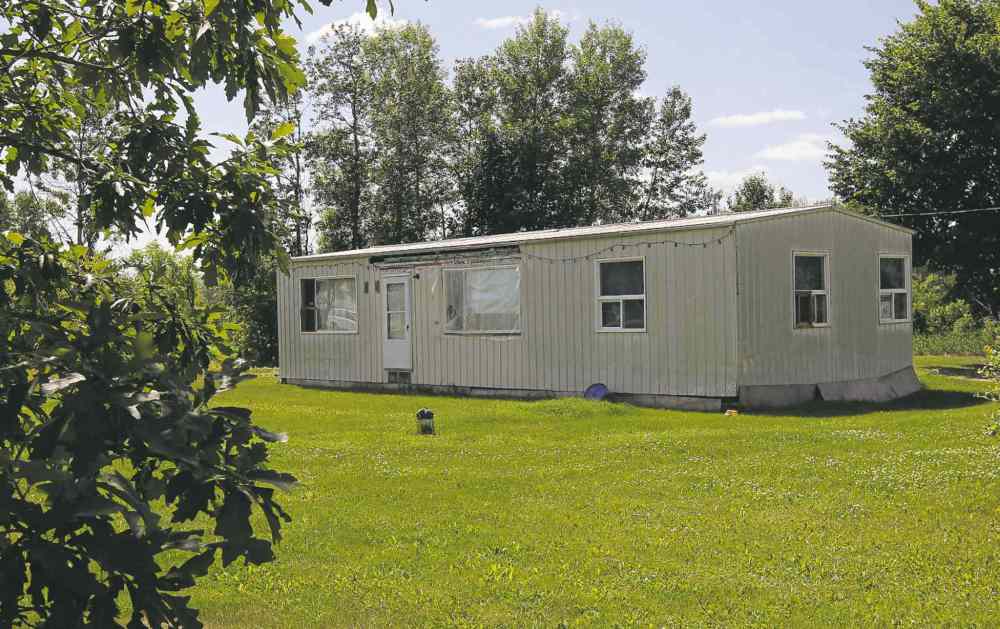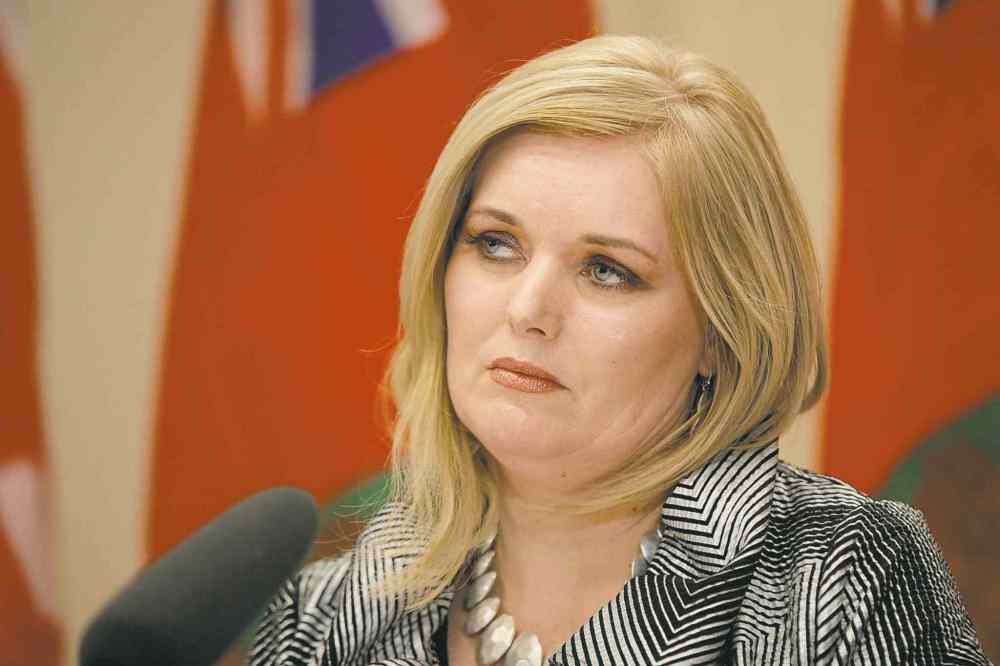Dead toddler had CFS contact
Minister confirms social workers involved with Peguis family
Advertisement
Read this article for free:
or
Already have an account? Log in here »
To continue reading, please subscribe:
Monthly Digital Subscription
$1 per week for 24 weeks*
- Enjoy unlimited reading on winnipegfreepress.com
- Read the E-Edition, our digital replica newspaper
- Access News Break, our award-winning app
- Play interactive puzzles
*Billed as $4 plus GST every four weeks. Offer only available to new and qualified returning subscribers. Cancel any time.
Read unlimited articles for free today:
or
Already have an account? Log in here »
Hey there, time traveller!
This article was published 25/07/2014 (3843 days ago), so information in it may no longer be current.
Child-welfare workers were involved with Kierra Elektra Star Williams, the Peguis First Nation toddler who died July 17.
Little else is known about the 21-month-old, including how she died.
Internal reviews of her case will likely never be made public.

“I think hearing about what happened to a 21-month-old baby is heartbreaking,” said Family Services Minister Kerri Irvin-Ross. “I know that there is a desire and a want to understand what happened.”
Irvin-Ross confirmed Thursday that Kierra had a child-welfare file, but would not say what kind of services the girl received, from what agency, for how long or whether there are early indications child-protection safeguards failed.
Irvin-Ross said she and others in the child-welfare system are bound by confidentiality laws designed to safeguard a family’s privacy and quell the stigma that often accompanies child-welfare involvement.
The province is also worried revealing details of the toddler’s involvement with social workers will hinder the RCMP investigation or cast unfair aspersions on caregivers before any charges are laid.
RCMP, who were mum on the death for nearly a week, are calling the toddler’s death a homicide. Officers have received a preliminary autopsy report but would not say Thursday how the child died.
No charges have been laid.
A funeral is slated for Saturday in Peguis, with a wake planned today at the home of the child’s parents, Daniel and Vanessa Williams.
Typically, a criminal trial — such as the one that found five-year-old Phoenix Sinclair’s mother and stepfather guilty of her 2005 slaying — is the only way information about the death of child in care is made public. When a child in care dies, a series of internal investigations is launched, including a comprehensive review by the Children’s Advocate. Only three people get to see the dozens of child-death reviews completed annually — Irvin-Ross, the chief medical examiner and the ombudsman, who’s tasked with making sure the review’s secret recommendations are implemented.
Alberta just passed legislation lifting a ban on publishing the name of children who die in care. A similar, though narrower ban is in place in Manitoba, baring anyone, including the minister and media, from identifying a child in care.
‘I know that there is a desire and a want to understand what happened’
— Manitoba Family Services Minister Kerri Irvin-Ross (right)
In the wake of the Phoenix inquiry, which was critical of a system in which information-sharing was stymied by privacy rules, Irvin-Ross said the province is beginning to discuss whether to loosen those rules. That could allow key people, such as the minister and children’s advocate, to speak more freely about children who die in care.
“I can’t tell you today what the conclusion of that debate is going to be,” she said “There is a willingness to review it.”
Changes could involve making some death-review reports public, perhaps with redactions to protect family members and social workers.
Only three child-death reviews have been released in recent years, including Phoenix’s, which came out during the long inquiry into her death, and Gage Guimond’s, the toddler who died in 2007 while in the care of his great-aunt.
A heavily redacted version of Gage’s review was released due to considerable public interest. It offered a snapshot of a child-welfare agency rife with nepotism and incompetence that failed to perform basic safety and criminal checks on the homes where Gage was placed.
Deputy children’s advocate Corey La Berge, whose office will review Kierra’s death but who is barred from discussing the case, says he needs more latitude to disclose the details of some investigations.
“There’s a good rationale for telling more stories,” he said.
“We need to provide the impetus to government to do right by vulnerable populations.”
But La Berge cautioned the safety and privacy of families must also be respected, a principle paramount in child-welfare circles.

Manitoba’s death-review system is one of the best, largely because the Children’s Advocate reports on every case where a child with an open file dies, Le Berge said.
Other provinces, such as Alberta and British Columbia, cherry-pick cases to review, but their reviews are made public more often.
The Children’s Advocate reports, which can top 100 pages, offer personal narratives of a child’s life and his or her family situation, along with photos.
It’s unlikely those reviews could be released without considerable redaction or rewriting.
The Children’s Advocate could also consider releasing only recommendations, though those might raise more questions than answers if the details of the death must remain a secret.
maryagnes.welch@freepress.mb.ca



